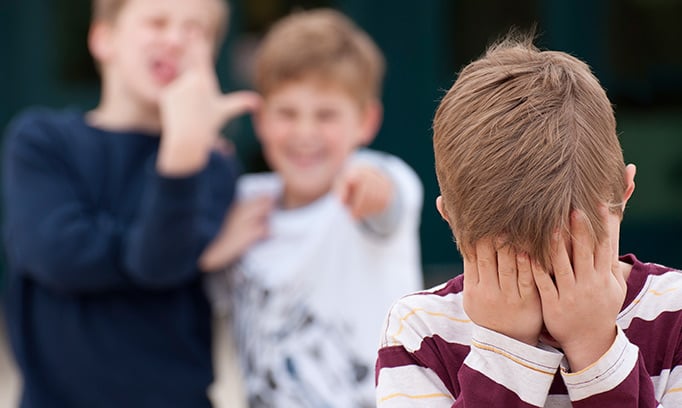Bullying is defined as the use of force, coercion, hurtful teasing, or threat to abuse, aggressively dominate, or intimidate another person. The action is frequently repeated and habitual. Bullying is the practice of engaging in repeated, aggressive behavior with the intent of injuring another person physically, mentally, or emotionally. It is because of this damaging intent that bullying can have long-term consequences.
Children who were bullied growing up have been found to have a higher risk of developing anxiety and depression by the time they reach adulthood. They never truly recover.
Is Bullying a Type of Conduct Disorder?
Bullying is present in practically any society. This was even evident in modern hunter-gatherer societies and ancient civilizations. It is regarded as an evolutionary adaptation, to gain high status and dominance, gain access to resources, ensuring survival, reducing stress, and allowing for more mating opportunities.
Bullies are frequently bi-strategic, using both bullying and aggressive prosocial behavior to enhance their position by acting in public and making the recipient dependent because they cannot reciprocate. Pure bullies are strong, popular, and have good social and emotional understanding.
Bullies are unlikely to have a conduct disorder. Victims of bullying, on the other hand, have been described as withdrawn, unassertive, easily emotionally upset, and having poor emotional or social understanding. Whereas victims turned into bullies tend to be aggressive, easily angered, and low on popularity. Most of the time, these types of bullies come from lower socioeconomic status families and were picked on by their own siblings or even parents. (Source: Archives of Disease in Childhood)
How Does Bullying Begin?
Bullying occurs when people do not have a say in which group they want to be a part of. This is the situation for children in school or at home with siblings, and it has been compared to being caged with others. Bullies try to exert their power over all children to establish a social network or hierarchy. They repeatedly target those who have an emotional reaction and have no one or few people to stand up for them.
They may also influence others to participate as bystanders or even as henchmen. It has been demonstrated that conditions that promote greater density and hierarchies in classrooms, homes, and even nations increase bullying and the stability of bullying victimization over time. (Source: Early Childhood Council of Larimer County)
What are the Negative Effects of Bullying
Until recently, most studies on the effects of bullying were either cross-sectional or only included brief follow-up periods, making it impossible to determine whether bullying is the cause or a result of health problems.
Research was done to focus primarily on prospective studies that we’re able to control for pre-existing health conditions, family situations, and other exposures to violence to investigate the effects of bullying on subsequent health, self-harm and suicide, schooling, employment, and social relationships.
Kids who are bullied are more likely to develop depression, anxiety, eating disorders, and various mental health problems. They would also start losing interest in school and other activities that they used to enjoy. There is a very small number of bullied children who retaliate to the extremes and resort to violence. According to cases in the 1990s, 12 out of the 15 school shooters have been a victim of bullying. (Source: Stop Bullying)
